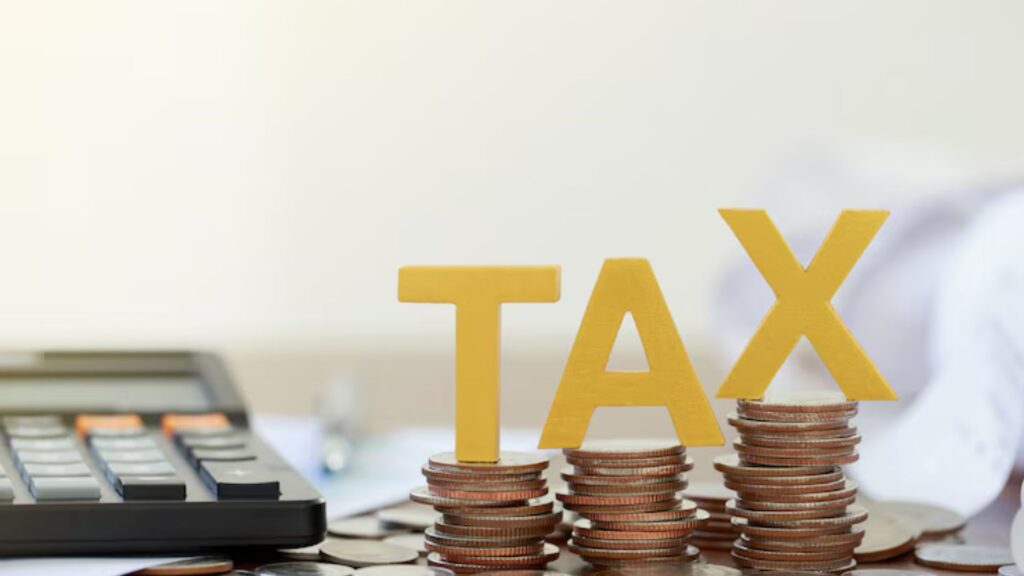
19 Mar CBDT Issues Guidelines on Income Tax Appeal Filing to Reduce Litigation

The Central Board of Direct Taxes (CBDT) has issued Circular No. 5/2024 dated March 15, 2024, under Section 268A of the Income-tax Act, 1961, providing guidelines for the Department’s appeal filings before the Income Tax Appellate Tribunal (ITAT), High Courts (HCs), and for Special Leave Petitions (SLPs)/appeals before the Supreme Court (SC) with the aim of reducing litigation. This circular supersedes Circular No. 3/2018 from July 11, 2018, Circular No. 17/2019 from August 8, 2019, and a board letter dated August 20, 2018.
In line with the guidelines, monetary limits and other conditions for filing departmental appeals under the Income-tax Act, 1961 have been specified for ITATs, HCs, and SC. However, exceptions have been provided where the decision to appeal or file an SLP shall be based on merits without regard to the tax effect and the monetary limits.
These exceptions include cases where:
- It contained Any provision of the Act or the Rules or notification issued thereunder has been held to be constitutionally invalid.on both external and internal assets generated or acquired during the relevant financial year under various tax categories such as CGST, SGST & IGST, and HSN codes.
- Any order, notification, instruction, or circular of the Board or the Government has been held to be illegal or ultra vires the Act.
- The assessment is based on information related to any offence received from law enforcement or intelligence agencies.
- Prosecution has been filed by the Department in the relevant case and the trial is pending.
- Strictures/adverse comments have been passed against the Department.
- The tax effect is not quantifiable or not involved, such as in the case of registration of trusts or institutions.
- Addition relates to undisclosed foreign income/undisclosed foreign assets.
- Cases involving organized tax evasion or accommodation entries.
- Mandated by a Court’s directions.
- Writ matters.
- Matters related to wealth tax, fringe benefit tax, equalization levy, and other matters outside the Income Tax Act.
- Litigation arising out of disputes related to TDS/TCS matters.
The Circular further clarifies that appeals or SLPs shall not be filed in cases where the tax effect does not exceed specified monetary limits for ITAT, HCs, and SC. The tax effect is defined as the difference between the tax on the total income assessed and the tax that would have been chargeable had the total income been reduced by the amount of income in respect of the disputed issues.
Additionally, procedures for calculating the tax effect in cases involving TDS/TCS are outlined, and reporting mechanisms are established to ensure compliance with the Circular’s provisions.
The Circular aims to streamline the appeals process, reduce unnecessary litigation, and provide clarity to taxpayers on their Income-tax assessments. It emphasizes the importance of deciding on appeal filings based on the merits of each case and encourages the resolution of disputes in a fair and efficient manner.


No Comments